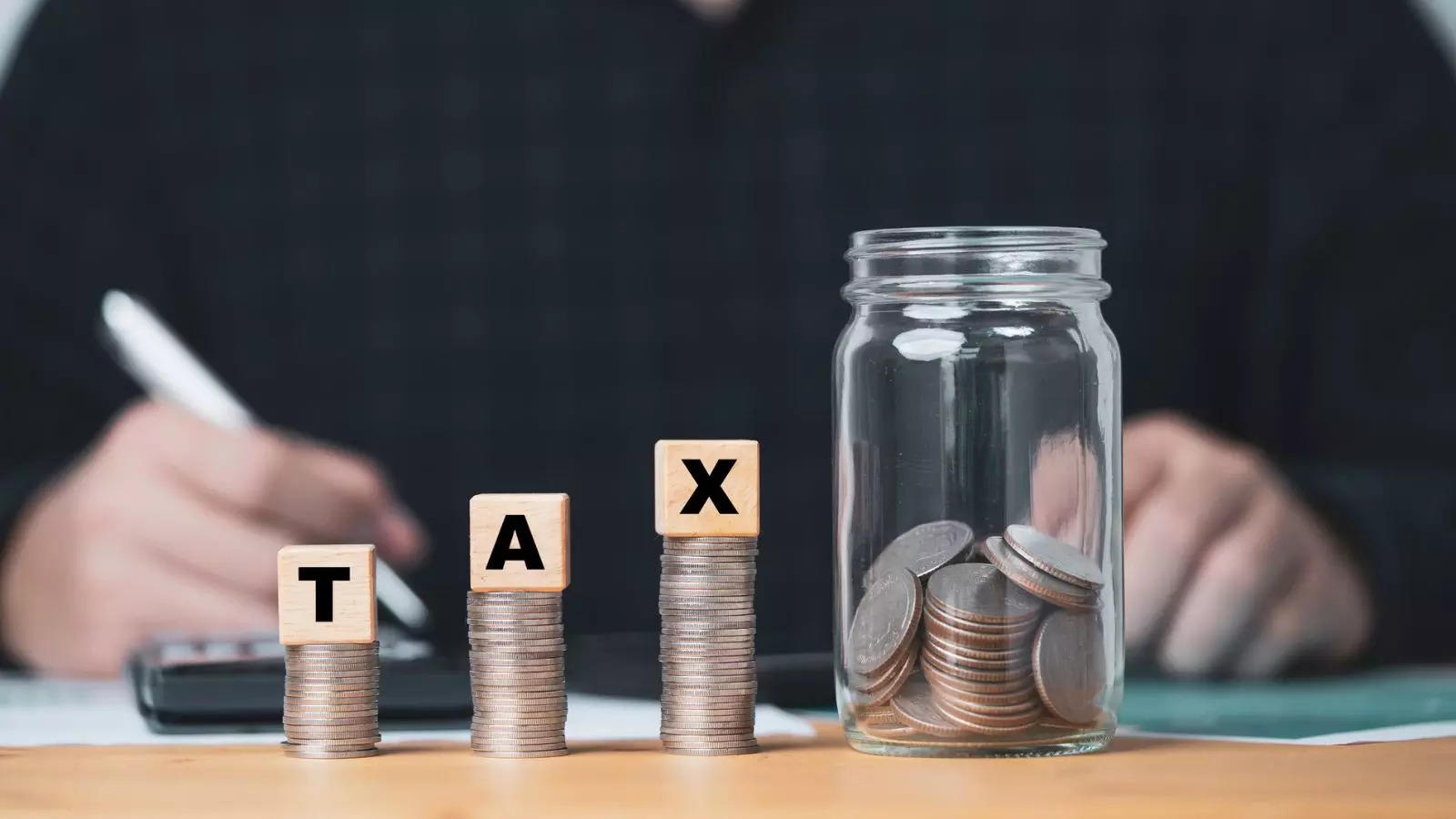Most companies include House Rent Allowance ( HRA ) as part of the salary package for their employees. This amount is exempt under Section 10(13A) of the Income Tax Act, subject to certain conditions. But what if your employer doesn’t provide HRA at all? Or what if you are a self-employed professional without the facility to avail this HRA exemption? In such cases, taxpayers can seek exemption under Section 80GG of the Income Tax Act. Here’s how you can avail this exemption while filing your tax return.
What is Section 80GG?
Section 80GG allows taxpayers to claim tax exemption on rent paid during the financial year. The deduction is determined based on the lowest of the following amounts:
Here, ‘total income’ does not include long-term capital gains and short-term capital gains under Section 111A. However, you cannot claim this exemption if you or your spouse own the house where you reside or conduct business activities. Additionally, this tax exemption is only available under the old tax regime and not under the new tax regime.
How to Claim this Exemption
You can claim this exemption while filing your income tax return . Although you don’t need to provide a rent agreement or rent receipts as proof, it’s important to keep these documents safe for future reference. When filing your Income Tax Return (ITR), you must provide all relevant information and fill out Form 10BA. This form requires details such as your name, PAN number, Aadhaar number, address, rent period, and the landlord’s property details.
By understanding and utilizing Section 80GG, taxpayers without HRA can still avail of significant tax benefits on their rental expenses.
What is Section 80GG?
Section 80GG allows taxpayers to claim tax exemption on rent paid during the financial year. The deduction is determined based on the lowest of the following amounts:
- ₹5,000 per month (₹60,000 per annum)
- 25% of total income
- 10% of total income after deducting actual rent paid
Here, ‘total income’ does not include long-term capital gains and short-term capital gains under Section 111A. However, you cannot claim this exemption if you or your spouse own the house where you reside or conduct business activities. Additionally, this tax exemption is only available under the old tax regime and not under the new tax regime.
How to Claim this Exemption
You can claim this exemption while filing your income tax return . Although you don’t need to provide a rent agreement or rent receipts as proof, it’s important to keep these documents safe for future reference. When filing your Income Tax Return (ITR), you must provide all relevant information and fill out Form 10BA. This form requires details such as your name, PAN number, Aadhaar number, address, rent period, and the landlord’s property details.
By understanding and utilizing Section 80GG, taxpayers without HRA can still avail of significant tax benefits on their rental expenses.
You may also like

'We Were Scared': Rohit Sharma Reveals Rishabh Pant's Tactics That 'Might' Have Won India T20 World Cup Final

'Shame on them': Netanyahu slams Macron for arms embargo amid escalating tension with Iran

EAM S Jaishankar denies Chinese incursion in Arunachal Pradesh, asserts robust patrolling along LAC

Sabudana Thalipeeth With A Twist Of Jowar Millets For Your Navratri Breakfast

Uttarakhand CM reviews cybersecurity of infrastructure after cyberattack on data center







